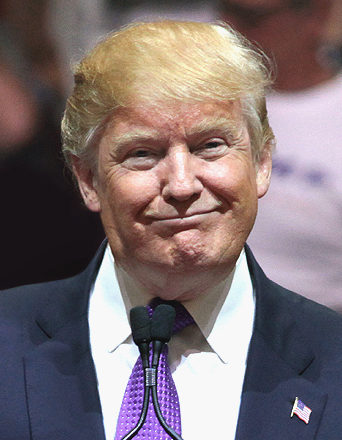A nation must think before it acts.
The monkey king raised his cudgel, and there was great disorder in Heaven. The jadelike firmament was cleared of dust
With this phrase, Mao Zedong began China’s Great Proletarian Cultural Revolution. As nearly all Chinese would know, the phrase comes from a 16th century novel that has roots in folk beliefs dating from at least a millennium before. Among the mythical monkey’s powers was the ability to turn every hair of his head into individual cudgel-brandishing small monkeys. By this metaphor Mao was signaling an attack on what he regarded as an increasingly stultified and ideologically suspect establishment: the cudgels of the Cultural Revolution would be wielded by millions of young Red Guard avatars.
Here the analogy with US politics breaks down a bit. While Donald Trump’s campaign rhetoric signaled his desire to attack the establishment in order to make America great again, his supporters were predominantly white working-class adults rather than youth, the latter group having favored the kind of left-of-center rebellion against the establishment led by defeated Democratic candidate Bernie Sanders, and who came out in droves after the election to protest Trump’s victory. One of the burning questions of the campaign was what, if anything, should be done—or could be done—about China. Part of Trump’s formula for making American great again was to deal firmly with Beijing, whom, along with a greedy US corporate culture that his detractors pointed out Trump is part of, he viewed as the chief reason for America’s fall from greatness.
According to Trump, successive US administrations have got China wrong. During the 45 years since the establishments of formal diplomatic relations, both political parties have encouraged China’s development in the belief that a prosperous China will be a peaceful China. A poor and dissatisfied China, by contrast, would tend toward belligerence and even war. Prosperity would have a positive effect on the heretofore repressive political system: an economically developed PRC would inevitably develop into a liberal society that would be well integrated into the international order. In the frequently cited 2005 words of then-Deputy Assistant Secretary of State Robert Zoellick, China would become “a responsible international stakeholder.” Adopting Beijing’s own description of China’s “peaceful rise,” US policy officially welcomed that development, as decision makers and most of the commentariat advised the need to accommodate the rising power.




